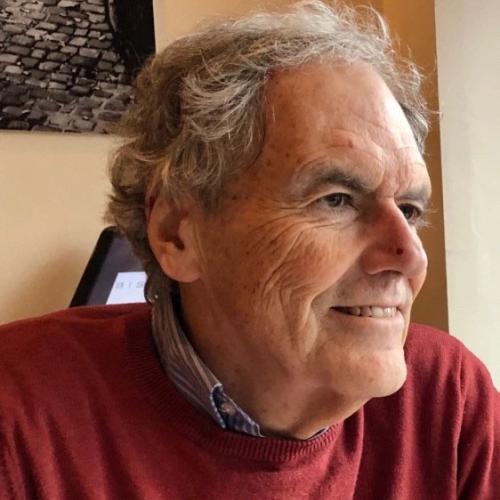Professor Emeritus Chip Bruce has authored a new book on the nature and importance of maps. In Thinking with Maps: Understanding the World through Spatialization, which was recently published by Rowman & Littlefield, he demonstrates how the concept of maps and mapping has implications and applications across all spheres of intellectual endeavor.
"Maps for me represent the essence of interdisciplinary or holistic understanding of the world. The fact that they are created by so many different people, for different purposes, makes them a challenge to understand, but also an unending source of pleasure," wrote Bruce in the foreword of his book.
Thinking with Maps shows that maps are valuable not only for geographic knowledge but for providing "mechanisms for rejuvenating our engagement with the world." According to Bruce, in writing the book he hoped to continue his exploration of the world that he started in his book, Education's Ecosystems: Learning through Life (Rowman & Littlefield, 2020).
Bruce received his BA in biology from Rice University and PhD in computer science from the University of Texas at Austin. Prior to his semi-retirement in 2011, he had appointments in Education, Bioengineering, the Center for Writing Studies, and the Center for East Asian and Pacific Studies at the University of Illinois. During 2007-08, he held a Fulbright Distinguished Chair at the National College of Ireland in Dublin. His work has focused on inquiry-based learning, community inquiry, and the information and communication practices that help people in communities learn and work together.
